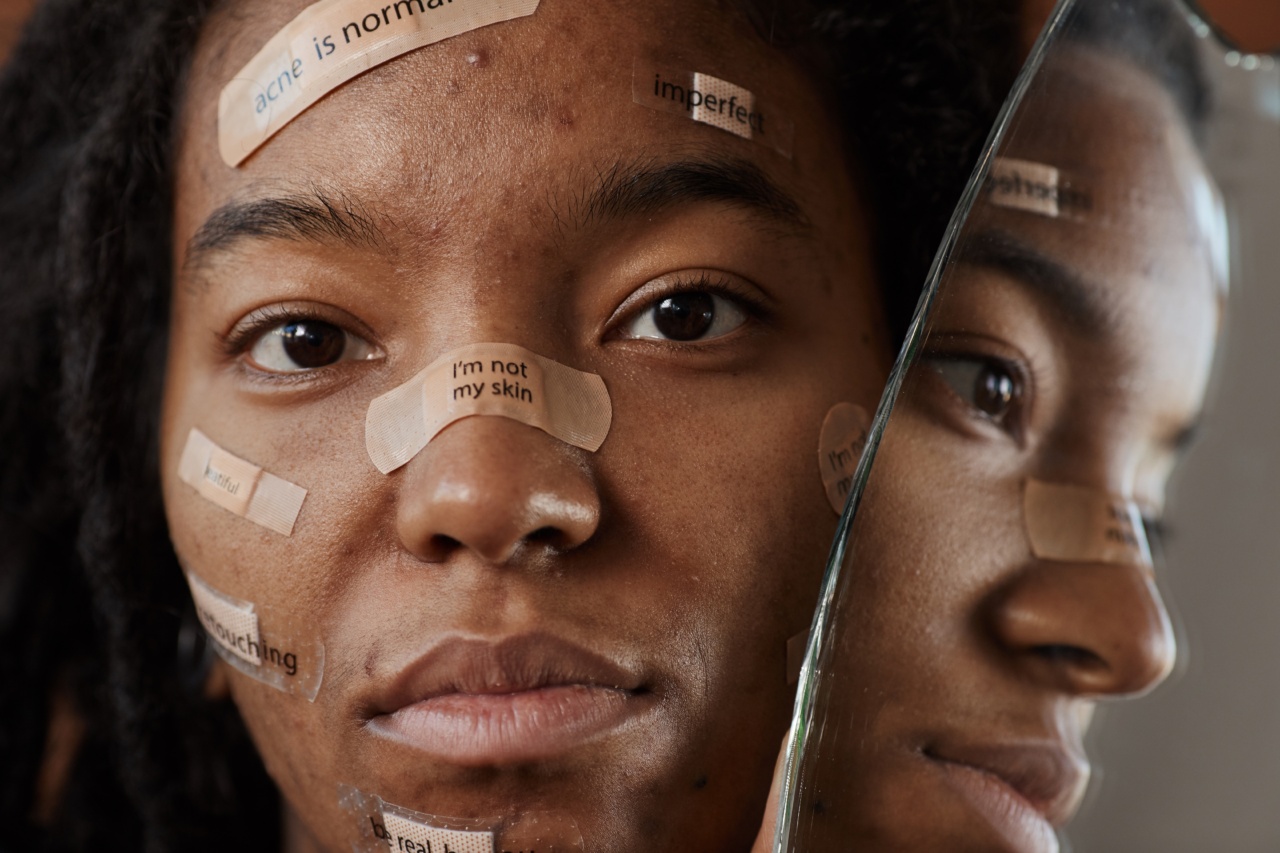Acne is a common skin condition that affects millions of people, but it can have a particularly profound effect on women.
Not only can acne be physically painful and unsightly, but it can also take a significant toll on a woman’s mental health and self-esteem.
The Impact of Acne on Mental Health
Research has shown that acne can have a significant impact on mental health, particularly in women.
A study published in the Journal of the American Academy of Dermatology found that women with acne were significantly more likely to experience anxiety and depression than women without acne.
The study found that women with acne were more likely to report feelings of embarrassment, shame, and self-consciousness. They were also more likely to report difficulty forming intimate relationships and participating in social activities.
Another study published in the Journal of Investigative Dermatology found that women with acne had higher levels of psychological distress than women without acne.
The study found that women with acne had more negative self-perceptions, were more worried about their appearance, and had lower self-esteem compared to women without acne.
The Stigma of Acne
One of the reasons acne can have such a profound impact on women’s mental health is because of the stigma attached to it. Acne is often seen as a sign of poor hygiene or a lack of self-care, even though this is not necessarily the case.
Women with acne may feel like they are being judged or discriminated against because of their skin. They may also worry that others are staring at their acne or making comments behind their back.
The stigma of acne can also make it difficult for women to talk openly about their struggles with the condition. They may feel like they are being judged or that others will not understand their experiences.
This can lead to feelings of isolation and disconnection from others.
Dealing with the Emotional Impact of Acne
If you are a woman who is struggling with the emotional toll of acne, there are several things you can do to take care of yourself:.
1. Seek Professional Help
If you are experiencing symptoms of anxiety or depression related to your acne, it may be helpful to seek professional help.
A therapist or counselor can help you develop coping strategies and work through any underlying emotional issues that may be contributing to your distress.
2. Practice Self-Care
Self-care is essential for mental health, and this is especially true when dealing with the emotional impact of acne. Make time for activities that make you feel good, such as exercise, getting enough sleep, and spending time with loved ones.
3. Connect with Others
Talking to others who have experienced similar struggles with acne can be incredibly validating. Consider seeking out support groups or online communities where you can connect with others who understand what you are going through.
4. Work with a Dermatologist
A dermatologist can help you develop a treatment plan that targets your acne and reduces inflammation. This can not only improve the physical appearance of your skin but also help to reduce the emotional impact of acne.
Conclusion
Acne can be a challenging condition to deal with, particularly for women. The physical pain and unsightliness of acne are often compounded by the emotional toll it can take on mental health and self-esteem.
By seeking out professional help, practicing self-care, connecting with others, and working with a dermatologist, women can take steps to manage the emotional impact of acne and improve their overall well-being.





























